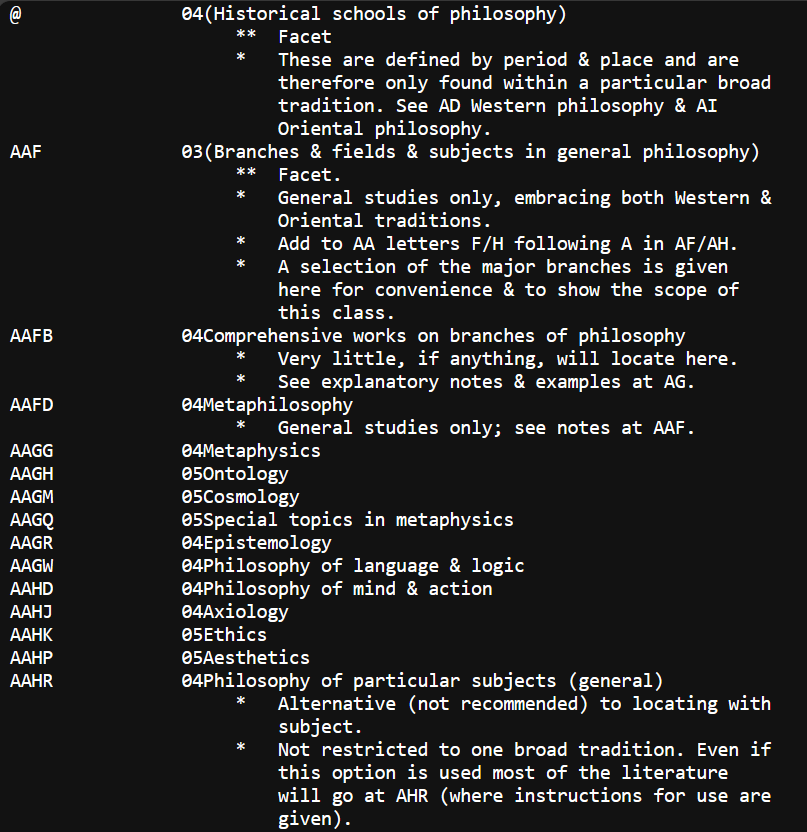Abstract
This article discusses the project undertaken by the library of Queens’ College, Cambridge, to migrate its classification system to RDF applying the SKOS data model using Python. Queens’ uses the Bliss Bibliographic Classification alongside 18 other UK libraries, most of which are small libraries of the colleges at the Universities of Oxford and Cambridge. Though a flexible and universal faceted classification system, Bliss faces challenges due to its unfinished state, leading to the evolution in many Bliss libraries of divergent, in-house adaptations of the system to fill in its gaps. For most of the official, published parts of Bliss, a uniquely formatted source code used to generate a typeset version is available online. This project focused on converting this source code into a SKOS RDF linked-data format using Python: first by parsing the source code, then using RDFLib to write the concepts, notation, relationships, and notes in RDF. This article suggests that the RDF version has the potential to prevent further divergence and unify the various Bliss adaptations and reflects on the limitations of SKOS when applied to complex, faceted systems.
